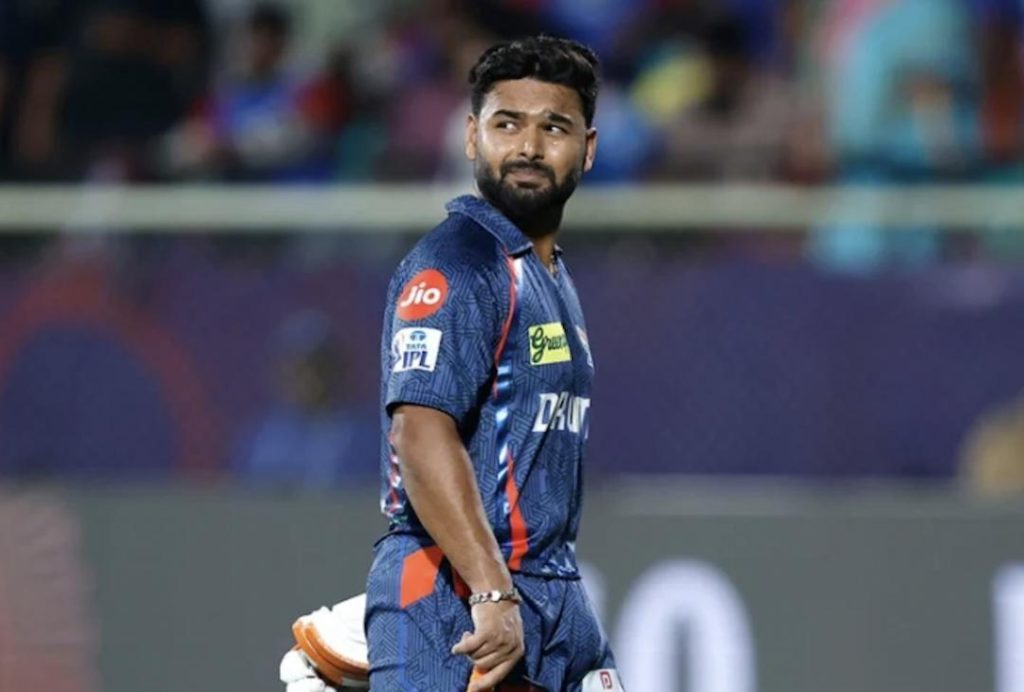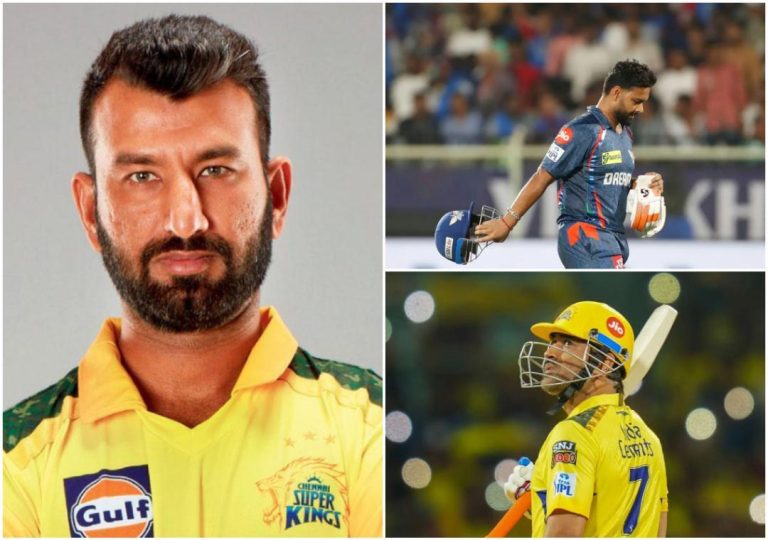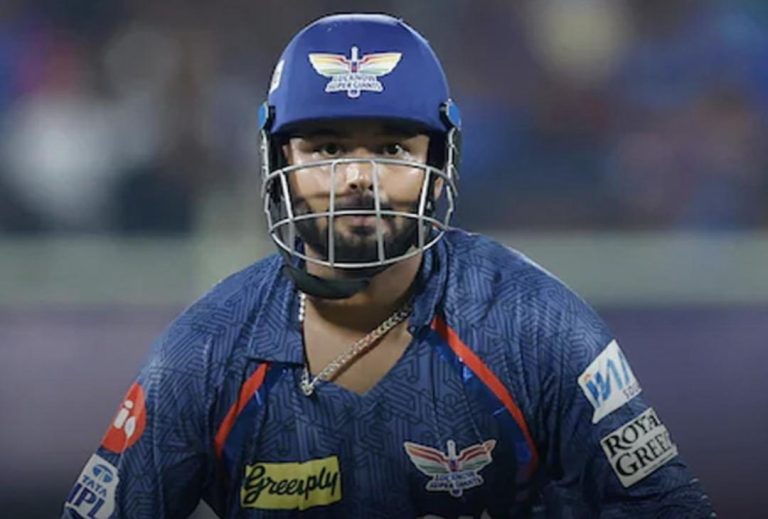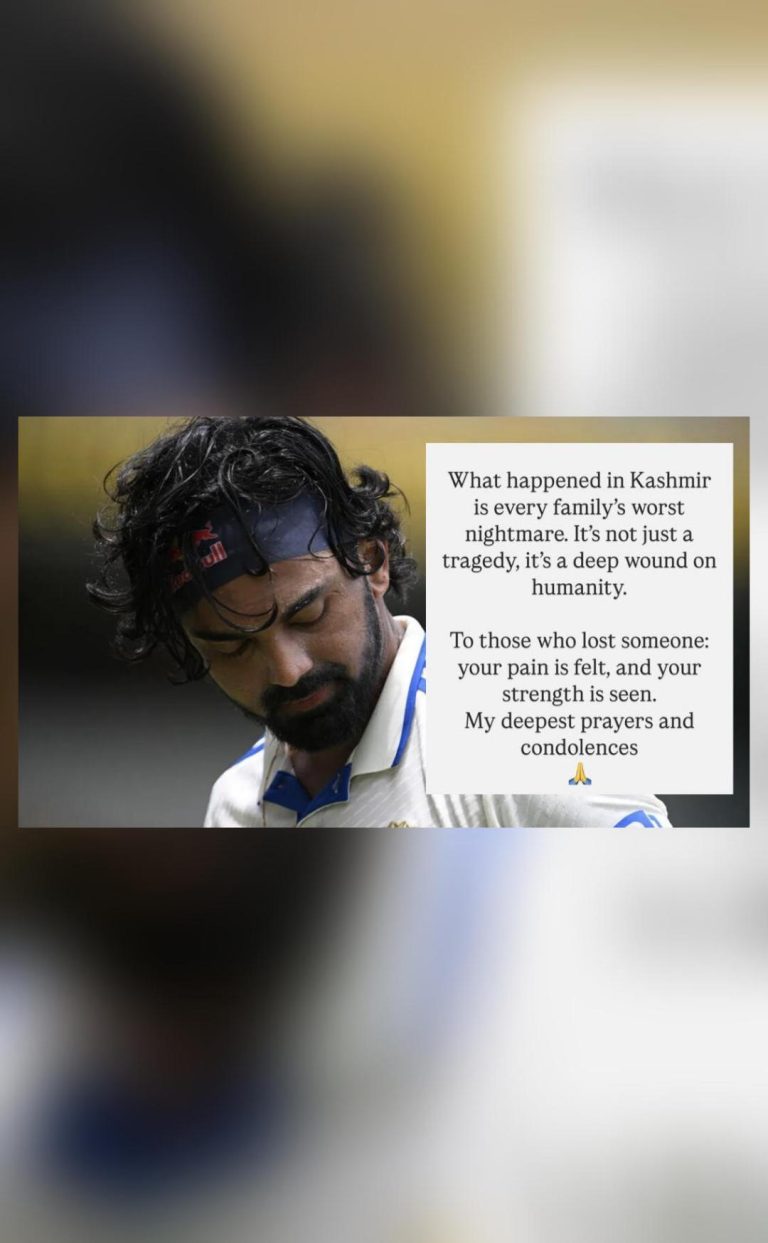
Title: He is casual in assessing players: Pujara on Pant’s captaincy
The Indian cricket team has been going through a rollercoaster ride in the ongoing T20 World Cup, and the recent match against Zimbabwe was no exception. Captain Rishabh Pant’s decision to bowl first after winning the toss raised a few eyebrows, and it seemed like the team was struggling to find its footing. In a recent interview, India batter Cheteshwar Pujara spoke about Pant’s captaincy, offering some valuable insights into his thought process and leadership style.
According to Pujara, Pant tends to be a bit casual when it comes to assessing players and their strengths. “Pant [relies] on his instincts and T20 is a format where you need to…know your opposition batters, their scoring areas…He is someone who is quite reluctant to do that,” Pujara said. This approach might have worked in some cases, but it can also be a recipe for disaster, especially when facing strong opposition.
Pujara’s comments are not entirely unexpected, given the team’s struggles in the tournament so far. India’s batting has been a major concern, with many of the top-order batsmen failing to deliver. Pant, as the captain, bears a lot of responsibility for the team’s performance, and his decisions on the field have been under scrutiny.
One of the key issues with Pant’s captaincy, according to Pujara, is his reliance on his instincts. While being instinctive can be an asset in some situations, it’s not always the best approach in T20 cricket. “In T20, you need to be very tactical and make decisions quickly,” Pujara explained. “You need to know the strengths and weaknesses of the opposition, and plan your game accordingly. Pant is someone who is quite reluctant to do that.”
Pujara’s comments are not meant to be derogatory or critical of Pant’s captaincy. Instead, they are intended to provide a more nuanced understanding of the challenges that come with leading a team in a high-pressure tournament like the T20 World Cup. As a former India Test batter, Pujara has a deep understanding of the game and the pressures that come with representing the country.
In fact, Pujara’s own experiences as a batter can provide valuable insights into the challenges of captaincy in T20 cricket. During his playing days, Pujara was known for his ability to adapt to different situations and opponents. He was a master of reading the game and making tactical decisions on the field. These skills, Pujara believes, are essential for a captain in the T20 format.
“Pujara is someone who is quite reluctant to do that,” Pujara said of Pant. “He [relies] on his instincts and T20 is a format where you need to…know your opposition batters, their scoring areas…He is casual in assessing players.” These words, while critical of Pant’s approach, also offer a glimpse into the challenges that come with captaincy in T20 cricket.
In conclusion, Pujara’s comments on Pant’s captaincy are a reminder of the complexities and challenges that come with leading a team in a high-pressure tournament like the T20 World Cup. While Pant has shown flashes of brilliance as a captain, his reliance on instincts and casual approach to assessing players can be a recipe for disaster. As the team looks to turn its fortunes around, Pant will need to adapt and become more tactical in his decision-making if he is to lead India to success.
Source: https://x.com/ESPNcricinfo/status/1914959932337930371






